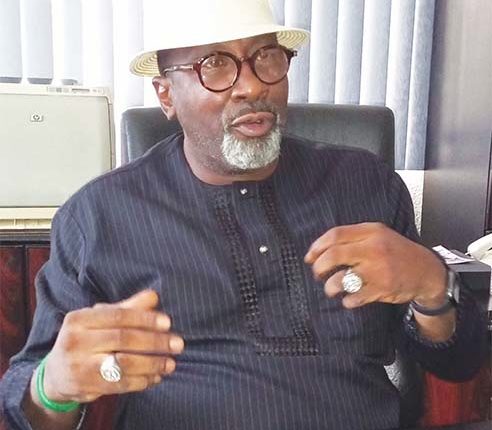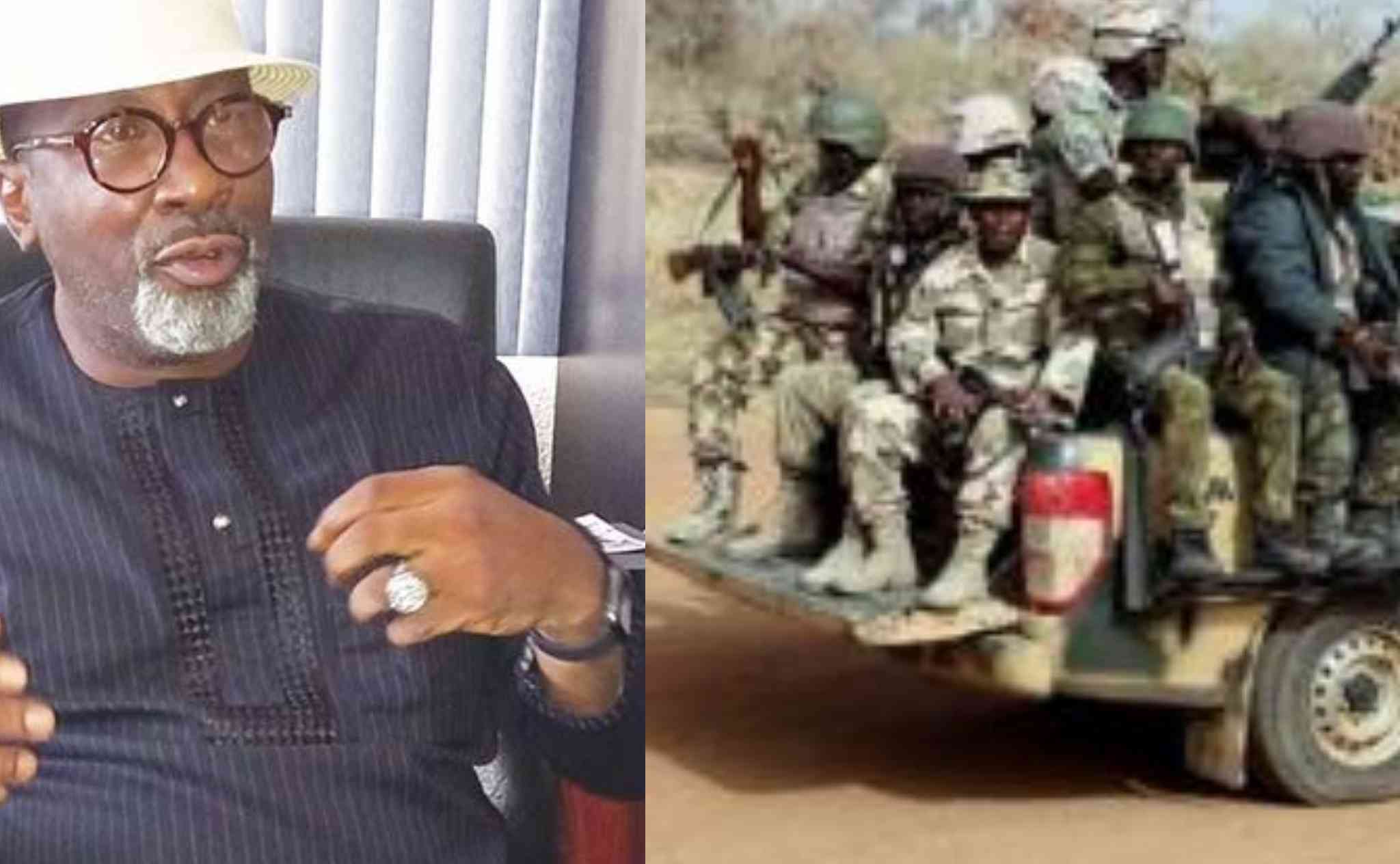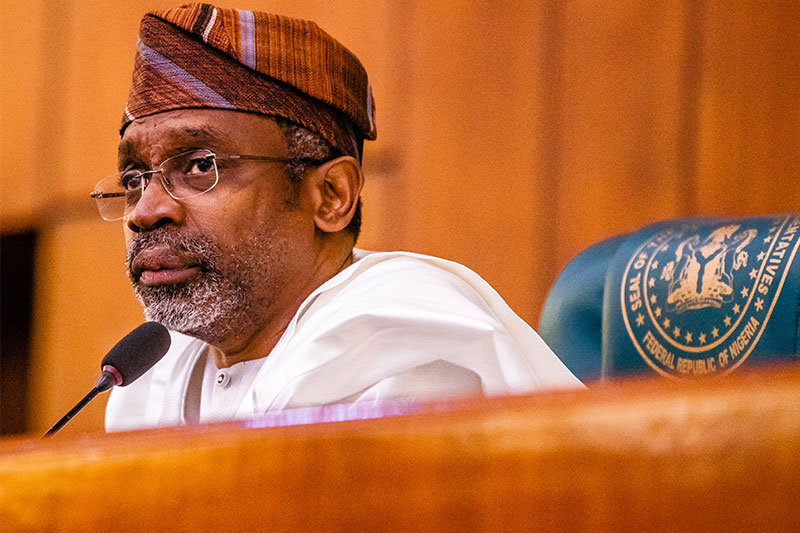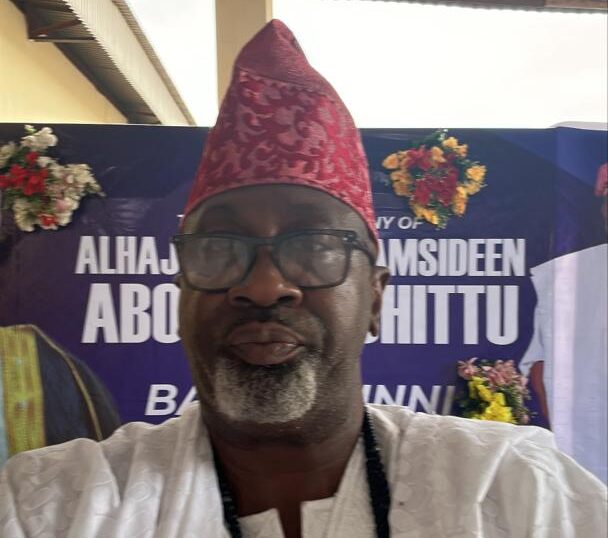What I learned from the 2023 Elections in Nigeria – Abayomi Odunowo.
The 2023 elections in Nigeria have taught us many valuable lessons that will shape the future of the nation’s political landscape. From the unexpected outcomes to the divisive tactics employed by candidates, there is much to be learned from this pivotal moment in Nigerian history.
First and foremost, the election results demonstrated that it is possible to win an election without the support of the incumbent President. This signifies a shift in the power dynamics within the political realm, where candidates can no longer rely solely on the backing of the sitting President to secure victory.
In addition, the candidacy of Peter Obi revealed the deep divisions within the religious demographics of the country. Despite being a Christian candidate, Obi’s loss highlighted the fact that the Islamic majority in Nigeria still has the upper hand in determining electoral outcomes. This sheds light on the need for greater unity and inclusivity among the various religious groups in Nigeria.
The disparity between the number of registered voters and the actual voter turnout also raised questions about the accuracy of Nigeria’s population figures. With only a fraction of registered voters casting their ballots, it is evident that the reported population of 220 million may be exaggerated.
Furthermore, the assertion that Lagos is not a No-man’s-land challenges long-held perceptions about the ownership and control of the city. This realization could lead to a reevaluation of the political and economic dynamics within Lagos, potentially reshaping its future trajectory.
The role of the media in shaping public opinion and influencing electoral outcomes was also brought into focus during the 2023 elections. The distinction between responsible journalism and propaganda was starkly evident, with Rufai Oseni being highlighted as an obedient propagandist rather than a journalist. This serves as a reminder of the importance of unbiased and ethical reporting in shaping public discourse.
The impact of strategic decision-making was another key takeaway from the election results. Peter Obi’s division of the vote within the PDP showcased the significance of thoughtful and cohesive strategies in securing electoral success. This underscores the notion that ego is no substitute for strategy in the political arena.
Additionally, the prevalence of cyberbullying, threats, and intimidation throughout the election process highlighted the detrimental effects of such tactics on the democratic process. It became evident that while these methods may secure a nomination, they ultimately fail to garner support at the ballot box.
The influence of regional dynamics was also prominently displayed, with the Southwest and Northwest playing pivotal roles in determining the election outcome. This underscores the significance of regional unity in shaping political decisions and highlights the need for greater collaboration and cooperation among diverse regions within Nigeria.
The use of religion as a weapon in the electoral campaign was a concerning development, with Peter Obi’s divisive rhetoric and the subsequent exploitation of religious sentiments reflecting a dangerous trend in Nigerian politics. This emphasizes the need for greater tolerance, understanding, and respect for religious diversity in the pursuit of national unity and progress.
The post-election behavior of certain individuals also shed light on their underlying motivations, with some expressing a preference for a coup in the event of electoral loss. This serves as a cautionary reminder of the potential consequences of political defeat and the need for a more mature and responsible approach to democratic governance.
In conclusion, the 2023 elections in Nigeria have provided valuable insights into the complexities and challenges of the country’s political landscape. From the influence of religion and regional dynamics to the role of the media and the importance of strategic decision-making, there is much to be learned from this pivotal moment in Nigerian history. These lessons will undoubtedly shape the future of Nigerian politics and serve as a guide for future electoral processes and political developments.
Otunba Abdulfalil Abayomi Odunowo
National Chairman AATSG.
21st January, 2024.



